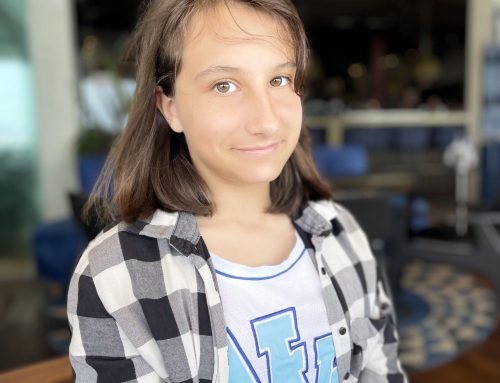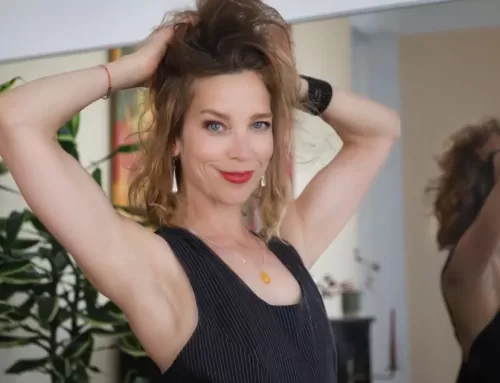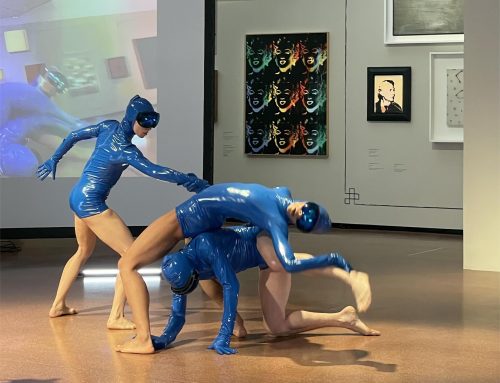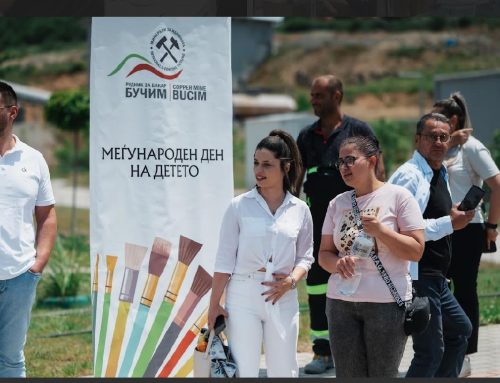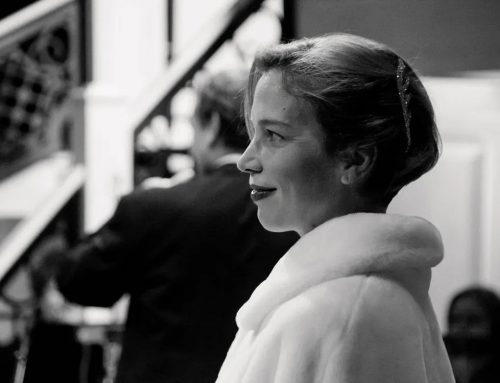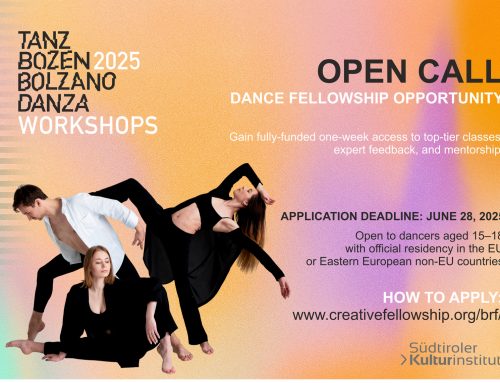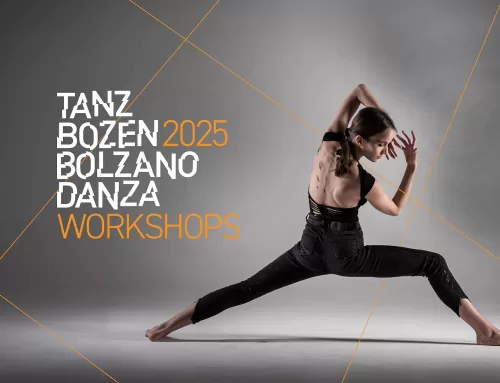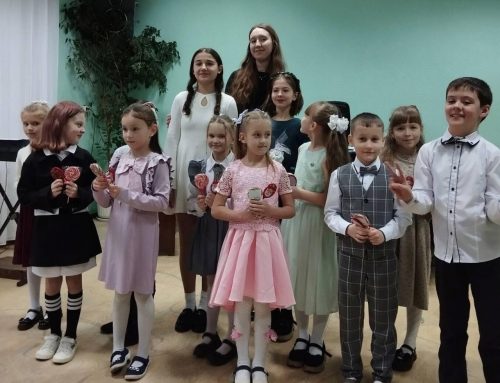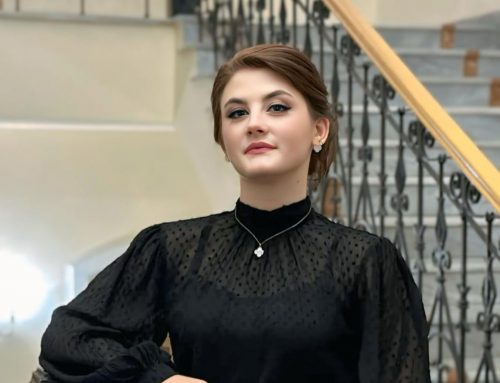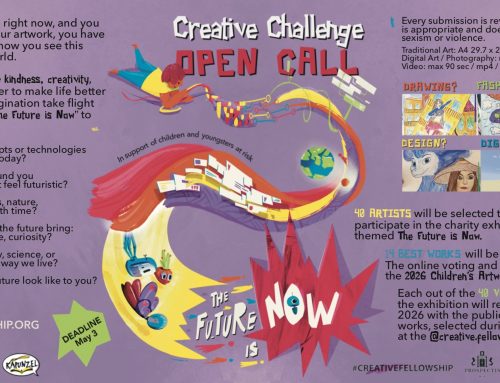Coming from a small town in Ukraine, Pol Solonar did not imagine he would have the opportunity to showcase his talents on a global stage. But his music teacher always thought differently. Years later, Pol proved his talent by performing on every significant stage in his country and beyond. Today, Pol is one of Ukraine’s most influential neoclassical pianists.
For 15 years, Pol has worked with a huge number of artists, including the HARDKISS, LAMA, Machete, Green Grey, Monatic, ALLOISE, Alexander Rybak, Oleg Skrypka, Natalia Mogilevskaya, and others. His music has long been known not only in Ukraine, but also in other countries of Europe and the CIS, and is often used in theater and cinema.
In 2015, together with Monatic, he wrote the soundtrack for the film “On the Bik” directed by the Litvinenko brothers.
In 2016, he wrote the music for the musical “DRACULA VLAD: Love Story”, which successfully tours the cities of Ukraine and the CIS
In 2018 he presented his debut solo album MELANCHOLY in Milan and Brussels
Here is a short interview with Pol Solonar for our fellows to learn more about this inspiring artist.
What does a composer do? What does writing music mean?
In simple words, a composer is a person who creates music. But writing music is not just a technical process. In my opinion, this also means the connection to the universe, God or supreme forces. Even such composers as Mozart and Beethoven knew this secret.
What does a music student have to study to become a composer?
First of all, you need to know music language: scores, chromatic signs, registers of various instruments, structure of classic musical compositions, symbols. After that, you should learn how to listen to the music and to imagine it in your head. I learnt this at school. For example, when you are riding in a bus, you hear a song, – so, you immediately imagine the keys and the notes of this song, as if you are playing its melody. Of course, it is important to play the music, that you are hearing in your head, on the instrument.
Is knowing history of arts important for composing music?
I’d like to tell the truth: at school, I did not like to learn history of arts. But now, I read biographies of various composers with a great pleasure, and I even feel sorry that I have not done this before: when you study their lives, you see their compositions with new eyes. History of arts does not influence writing music itself, but it opens up the meaning and depth meant by the composer.
Where can a musician study worldwide to become a composer? Best schools.
The best school for me is the school where I have learnt.
This is the school named after Lysenko (Kiev). But you should understand that even the best school won’t be able to teach you anything if you have no wish to learn.
At school, I played piano for eight hours every day, even though contrabass was my main music instrument. I was not forced by anybody to do it, I just loved playing the piano very much. This was a kind of meditation. I listened to very different music and tried playing it on the piano; I played pop songs, jazz standards, and, in general, everything I liked. I think that this self-learning was my strongest education.
Is there any difference between composing an opera and a pop song?
Sure. If you compose opera songs, you need to listen to many operas; if you write a pop song, you should listen to lots of pop music. Modern songs are based on three or four, sometimes even on two accords. As a rule, they have a very simple melody, which you can easily remember. But as for an opera, you need to show personality of a character and what the composer meant. Moreover, the melody there may not be catchy at all.
Are there still any modern composers that create classical music?
Ludovico Einaudi, Max Richter, Olafur Arnalds are among my most favourite modern composers. They are very different, but not being alike is also one of a composer’s talents.
Is international experience important for career development in this profession?
I think that music is the basics. If you write beautiful music, the style is not important: your audience will always find you. Of course, if you just play for yourself wearing headphones, no one will know how talented you are. You don’t need to be afraid of sharing your music, and then the whole world would know you.
What do you like more: performing on a stage of working in a studio?
These are two very different processes. Working in a studio means the maximum concentration for me. Wearing the headphones, you hear every sound of grand piano’s strings, each rustle of your chair; maximum control is required for your body, your hands and fingers. There are only you and your grand piano. That is why I do not like studio work. I love to feel the audience, their energy; I love the stage.
How do you generally get a job as a composer?
Music to the movie “On the other side” was my first work as a composer. This movie was filmed by my friends, movie makers. They have already heard my music before, and it matched as a soundtrack. This is why it’s very important to share the music with the world.
Can you tell us about your musical “Dracula Vlad” experience? What were the biggest challenges?
This was my biggest and the most difficult project in my life. I have composed about two hours of music and over 20 songs. I had no experience in writing songs before, that is why it was a big challenge for me. It was easier for me to write the music itself but it took time to compose the songs. The musical’s songs should represent both the actor’s character and the meaning of the text. For example, if the text shows something good and kind, your music needs to have a major key; if you present something sad or lyrical, write in minor key, and so on. There are lots of actors with different voice qualities in the musical, so you need to choose a correct tone value for him / her not to sing too low or too high. Writing songs took about one year, in general.
How did your life change since the beginning of the war?
When the war started, we were very much scared. Before, I heard the sound of an alarm in the movies about the 2nd World War only. My grandfather told me a lot about those times. And then, I heard it with my own ears, and it frightened me. I had many plans before the war: I planned a tour with more than 15 concerts across Ukraine. For the first months of war, I worked online only composing music for people from all over the world. Then, I started giving concerts for our army in both military units and hospitals. At present, I participate in several war-related performance as an accompanist.
Do you collaborate with any institutions/foundations/scholarships that help young talents to continue their artistic education?
Sometimes, when I visit my native Pobugskoye, I meet young musicians and, showing my example, motivate them to keep doing this. However, I don’t have enough time for everything.
Do you think it is important for displaced youngsters to continue their artistic studies in the new countries of residence?
Yes, of course! Wherever you are, it is important not to forget your dreams, to do what brings you pleasure, praise life, regardless what it is: music, dancing or painting. I, for example, loved to play football at school, but I had to forget about it when I’ve injured toes.
From your perspective, how can young talents affected by the war apply for aid that is out there to continue their musical studies? How can they access information?
There are many organizations now, which help young musicians from Ukraine. If, particularly, speaking about Creative Fellowship, we helped a girl to move to Brazil. She singed with an orchestra and started a new life there.




